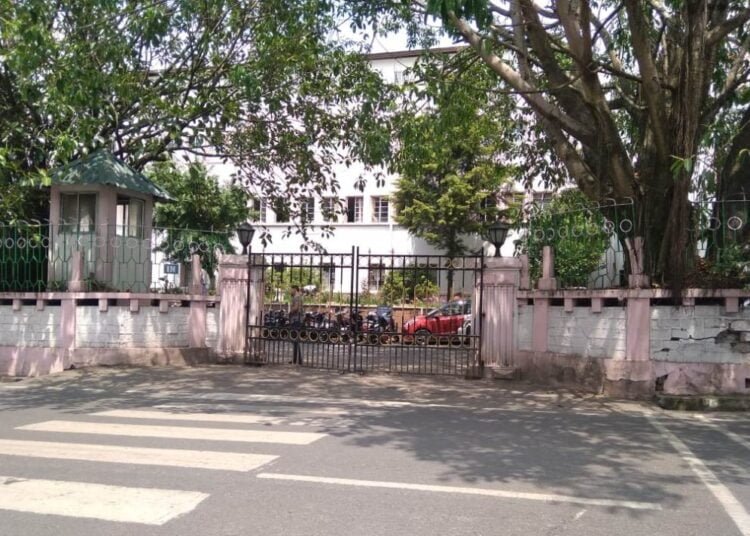The Hynñiewtrep Integrated Territorial Organisation (HITO) has alleged that the State government’s initiative to amend the Meghalaya State Investment Promotion & Facilitation (MSIPF) Act 2024, could stem from the fact that the state is grappling with substantial financial liabilities and may be considering sacrificing our heritage for short-term fiscal relief.
In a letter addressed to the Chief Minister Conrad K Sangma, the HITO stated that while it acknowledges the pressing employment crisis facing the state’s youth, it is also critical to consider the track record of the industries that would arise from such investments.
“These businesses have frequently left behind a legacy of social hardships and environmental degradation that has adversely affected our communities,” the HITO stated.
It also said that although the government may assert that these investments will generate employment opportunities for local youth, the reality tells a different story.
“Despite the presence of numerous cement factories and other industrial projects, unemployment continues to plague our state, with many of the jobs being filled by individuals from Assam and Bangladesh rather than our own local populace. Thus, any assertions regarding job creation appear to lack substance,” the pressure group pointed out.
HITO also stated that this proposed amendment seeks to empower individuals, groups, and companies to acquire land in Meghalaya through the Investment Meghalaya Association, a move that they firmly believe undermines the cherished traditional values and threatens their legal rights as indigenous people.
While seeking clarification on the proposed MSIPF Act 2024 HITO implored upon the Chief Minister to remain steadfast in his commitment to the principles of justice, equity, and respect for the rights of the indigenous people of Meghalaya.
Meanwhile, the Federation of Khasi Jaiñtia & Garo People (FKJGP) has expressed its opposition to the proposal to amend the Act.
“This is a regulation that will violate the true meaning of the Meghalaya Land Transfer Act, which protects the land ownership rights of the indigenous people of Meghalaya,” FKJGP general secretary Eldie Newton Lyngdoh stated in a press statement.
He said to allow the IMA to purchase land will also mean the gradual loss of the right of ownership of the land by the indigenous people of the State.
He also questioned how the decision to the amendment was brought without consulting the dorbar shnongs, himas and most importantly the district councils under whose jurisdiction about 95 per cent lands are under it.
The FKJGP general secretary stated that the Meghalaya State Investment Promotion & Facilitation (MSIPF) Act is to pave the way for outsiders who want to set up industries, factories, businesses in the State for progress and jobs. “However, to facilitate employment and bring the state under the path of success, it does not mean that we the indigenous people should lose our land and the right of ownership over the land,” he added.
He said that the government can facilitate entrepreneurship but there must be other ways than by selling land.
On the Meghalaya Industrial and Investment Promotion Policy (MIIPP), 2024, the general secretary said that the policy stipulates the employment of up to 90 per cent of villagers in non-managerial jobs and 50 per cent of villagers in managerial jobs.
“The policy is right but how can we trust that the policy will work as it was laid down,” he added.
According to Lyngdoh, the FKJGP understands that this policy is new and offers jobs to young people in newly established factories. “There are hundreds of factories but who has earned profits from these. How many percent of our youth are employed there regardless of whether they are unskilled, semi-skilled or highly-skilled? What has happened in the past years has made it difficult for us to trust this new policy,” he said.
The FKJGP has demanded the State government to shelve the amendment and consider other ways and means which will not affect the right of ownership of land by the people of the State.























